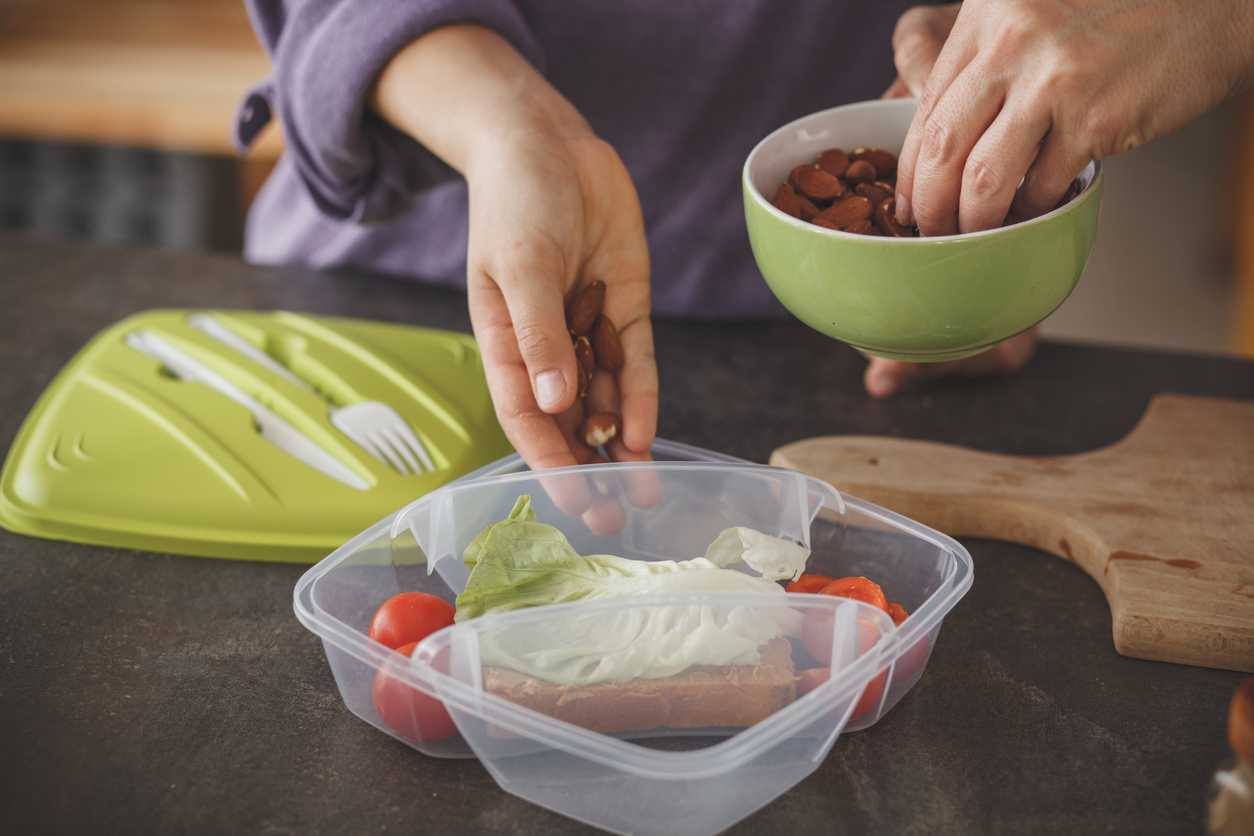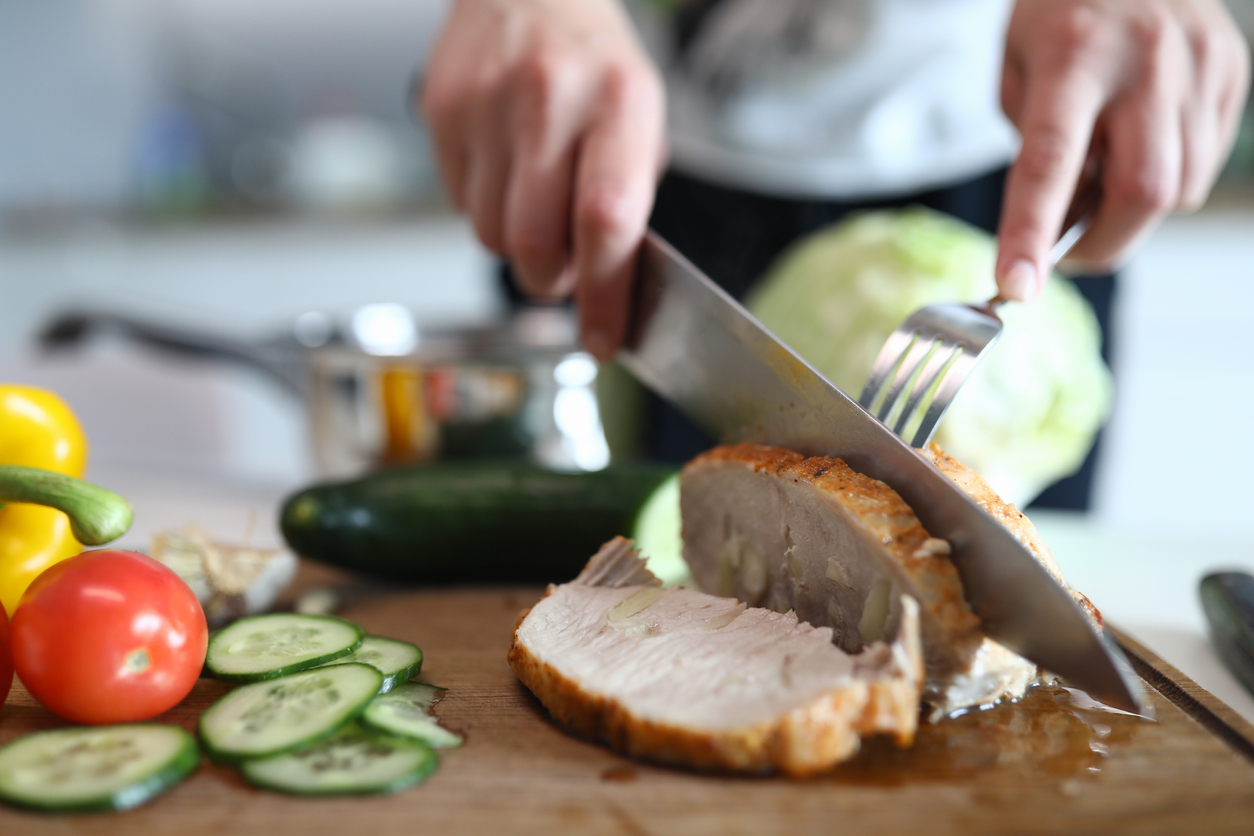Good food and company are some of the reasons many of us love the holiday season — even if it means you spend more time than usual feeling bloated and sluggish from eating too much food.
If you’ve eaten a few meals too many during the holidays, here’s some ideas for how to remedy it.
Eat regular, balanced meals
If you’ve put on weight over the holidays and you want to lose it, it’s important to do this safely.
To lose weight you need to burn more calories than you consume, usually through exercise. But you may also find it helps to:
- eat a good breakfast, such as wholemeal bread and eggs — eating a nutritious breakfast every day can help prevent snacking during the morning and even reduce the amount you eat later in the day
- eat 3 balanced meals a day — this can also help prevent snacking on unhealthy foods and give you the energy you need to be active or exercise
- limit the size of your portions — it’s important to follow a varied, balanced diet but by eating smaller portions you can reduce your overall calorie intake for the day
- swap unhealthy snacks for healthy ones — if you do need a snack, choose fruit, unsalted or unsweetened nuts, and raw vegetables with a low-fat dip rather than crisps, chocolate bars or sweets

Drink more water
Staying hydrated is always important, but if you’ve eaten too much over the holidays, drinking plenty of water will help your body recover.
Some studies suggest that drinking water could also help with weight loss by increasing your metabolism and boosting the number of calories you burn.
As water has no calories, it can help to replace drinks that contain calories, like soda, with water.
Water can also help:
- relieve symptoms of a hangover from drinking too much alcohol
- prevent dehydration
- ease symptoms of constipation
- boost your mood and energy levels
- prevent headaches
Everyone should aim to drink 6 to 8 glasses of fluids a day, preferably water. But if you’re tired, hungover, low on energy or dehydrated, you may need to drink more than this.

Limit how much alcohol you drink
If you tend to drink more alcohol than usual over the holidays, try not to go over recommended guidelines. These advise not drinking more than 14 units of alcohol per week on a regular basis.
Regularly drinking too much alcohol can increase your risk of developing certain conditions, such as liver and heart disease, but it’s also important to remember that alcohol is high in calories, and drinking too much can lead to weight gain.
For example, a 175ml glass of wine contains around 133 calories, while a pint of medium-strength beer can have as many as 239 calories, the equivalent of a chocolate bar.
You can drink less alcohol by:
- switching to lower-strength drinks or alcohol-free options
- switching between water and alcohol so you drink less alcohol overall. If you get bored with water, add a slice of lime or lemon for some flavour
- making smaller drinks
- adding ingredients like soda water or sparkling water to alcoholic drinks so you drink less alcohol overall
By reducing how much alcohol you drink you may find you sleep better and have more energy to do things during the day. That will also help you feel better and maintain a healthy weight, by being more likely to exercise.

Add exercise to your routine
An effective way to lose weight gained over the holidays and keep that weight off is to find ways to add exercise into your daily routine.
It’s recommended adults do at least 150 minutes of moderate exercise, such as brisk walking or cycling, each week to help maintain a healthy weight. However, if you want to lose weight, you may need to do 75 minutes of more intense exercise each week combined with a lower-calorie diet.
Intense exercise is any physical activity that makes your breathing and heart rate faster. To achieve this, you could try cycling up hills as well as on flat surfaces, running or jogging, playing a sport like football or swimming lengths in a pool.
By working exercise or activity into your daily routine you’ll burn more calories, but exercise can also improve sleep and boost your energy levels. And if you feel sluggish after weeks of overeating, you may find that a daily 20-minute brisk walk outdoors is enough to make you feel more energised.
See a doctor if you have persistent bloating, and speak to a doctor first before exercising if you have any pre-existing medical conditions or symptoms.

Key points
- if you’re worried you’ve eaten too much over the holidays and want to lose weight, it’s important to do so safely
- aim to eat balanced, regular meals to maintain your energy levels and help prevent snacking
- you should limit alcohol and drink plenty of water. Staying hydrated can support weight loss and help your body function effectively
- try to work exercise into your routine. If you want to lose weight, you may need to do more intense exercise, like running or swimming lengths






